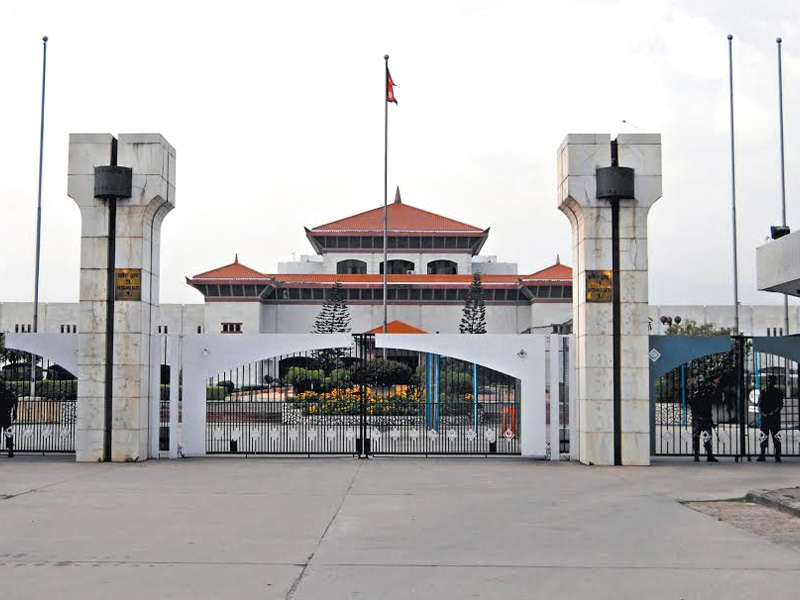Tuesday 23rd April 2024

While the Nepali Government is staggering to implement various strategies to prevent coronavirus spread, some unethical groups are involved in acts of violence against Dalits.
The two recent incidences on May 23, 2020, escalated the Nepali Government’s failure to prevent caste-based discrimination and untouchability.
Many media reports claimed that both incidences involved allegations against elected local government authorities.
“Nepal has laws against caste-based crimes, but they are rarely applied, and often the police refuse to even register cases if the victim is a Dalit,” said Meenakshi Ganguly, South Asia Director at Human Rights Watch.
“The alleged role of local politicians in these cases can lead to obstruction of justice, which means that an independent investigation is essential,” added Ganguly.
The COVID-19 pandemic has made Dalits even more vulnerable, and there have been reports of sexual assaults, denial of funeral rites and discrimination at quarantine sites.
In response, the National Human Rights Commission (NHRC) expressed its dismay over increasing acts of violence resulting from caste-based discrimination even 14 years after the country was declared untouchability free.
The then Nepali Parliament declared Nepal as an ‘Untouchability Free Nation’ on June 4, 2006.
Issuing a statement on the 14th anniversary of the historic declaration, the NHRC urged all the sections of the society to raise the voice against caste-based discrimination and violence.
“The commission draws the attention of the government to embrace zero-tolerance against recent acts of caste-based discriminations in Rukum (West), Jajarkot, Rupandehi, Udayapur, and Dhankuta and bring the culprits to book,” read the statement.
According to the statement, the laws in Nepal against any form of discrimination are:
The NHRC urged the Nepali Government to put the existing robust legal protections in practice.